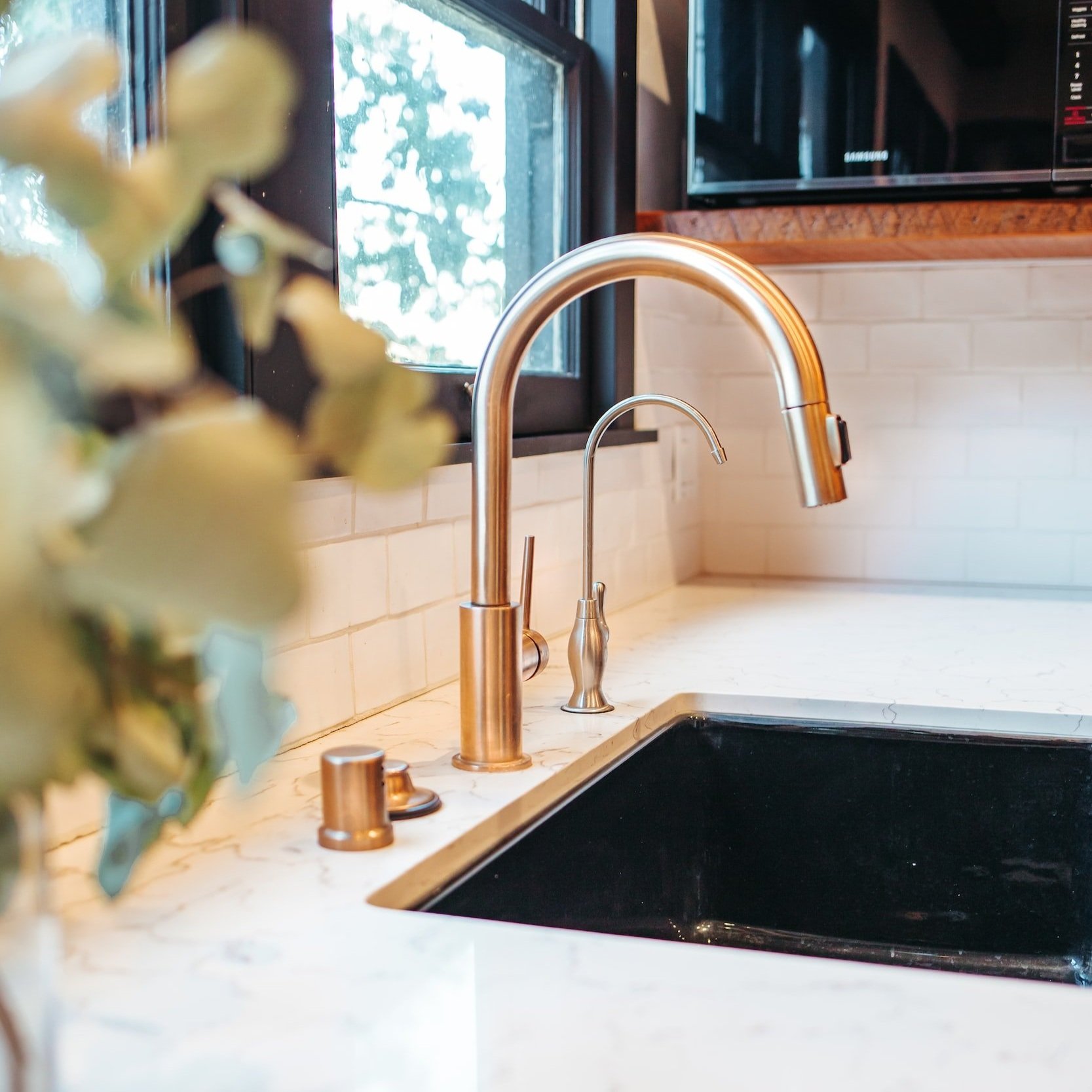10 Easy Steps to Save Money While You Save Water
By now, many across the United States might have heard about Governor Gavin Newsom’s request for Californians to voluntarily cut water usage by 15% due to the troubling drought conditions.
“Newsom’s request is intended to bring California water production roughly back to where it dropped to in 2015 and 2016,” said Marielle Pinheiro, a research data specialist at the State Water Resources Control Board. Pinheiro said the number seemed feasible to the board because the state had been able to “maintain those levels during the last drought.”
Californians are already accustomed to being water-conservation-minded due to the last drought, but regardless of where you live, we should all be mindful of water conservation. Accessible drinking water is a finite resource. As the saying goes, “be the change you want to see in the world.”
The present is a great time to save water if you have not already started. Be the leader and encourage friends and family by example with a few changes to reduce your water waste.
Are you the individual who goes to bed with a cup of water on your nightstand “just in case” you need it overnight? We get that; stay hydrated! However, the next morning, are you also the person who puts the unused water you didn’t drink down the drain? Wait, do not do it! Rather than pour it down the drain, find another use for it. For example, start a “reuse water” container to pour the water into your garden plants or houseplants.
Run a dishwasher only once it is full; if your machine has an economy cycle, even better. Dishwashers statistically take fewer gallons of water to wash a full load of dishes than hand-washing each dish would take.
Avoid plastic bottled water when you are in the US. “Purified water” in plastic is not necessarily more pure than US tap water. EasyEcoTips states that “nearly 64% of bottled water in the United States comes from municipal tap water.” If you must choose bottled water, select the glass bottle. You are utilizing less plastic. If you enjoy carrying water around with you, invest in a reusable dishwasher-safe water bottle.
Choose organic cotton if it is an option or available to you. A lot of water goes into creating textiles like cotton. Organic cotton has gone through less processing which can reduce water pollution.
Yes, toilets can be gross, but they also use a significant amount of water. You can create (thank you, YouTube and Pinterest DIYers) or purchase water savers to place in the toilet tank. If you’re thinking of replacing your toilet, replace it with a low-flow model. If you want additional suggestions, visit ThePennyHoarder.com, they break down the average money you would save per year utilizing this water-saving trick.
Bathrooms, in general, are the largest use of water in the home, using more than 50% of all indoor water. You can install a low-flow showerhead to reduce water waste at a lower price than a replacement toilet. An HGTV article states a conservative estimate of 30% of a typical household water use comes from a shower. The EPA estimates that the average US household can save 2,700 gallons of water every year by installing a low-flow showerhead.
Fix leaky faucets. According to Energy.gov, one drip per second wastes 1.661 gallons of water, leading to $35.00 a year saved per leak fixed.
Turn off the tap when brushing your teeth. Between wetting the brush and being ready to rinse, shut off the tap. You can save liters of water per minute.
This is simple but similar to dishwashers. Run the washing machine when you have a full load, not for an individual item on its own, and when possible, use cold water. Your energy bill will also thank you.
Reduce your food waste. It takes energy and a lot of water to produce food. Minimizing your food waste saves you money and the water it takes to produce food.
All of these direct actions lead to a reduction of energy which also takes water. In turn, they can reduce CO2 emissions too. You may see a reduction in your water bill and energy bill. Help the environment and your wallet!
In many areas, utilities also offer rebates and vouchers to lower the price or eliminate a cost barrier to be more water-wise.
Do you have tips and would like us? Share them with us!
This article was originally written for BeLatina.

